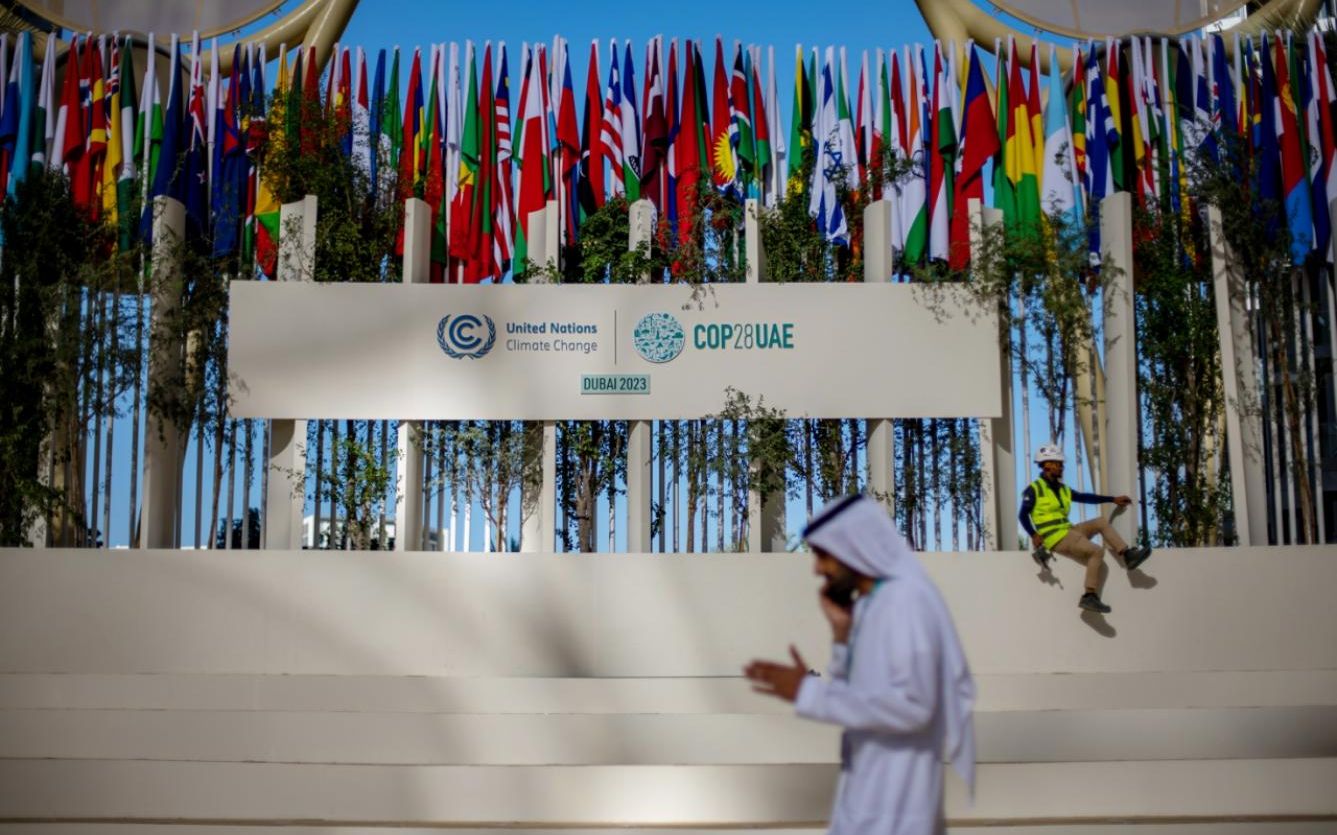On November 30, the 28th Conference of the Parties (COP28) of the United Nations Framework Convention on Climate Change opened in Dubai, United Arab Emirates. This conference lasts for two weeks and ends on December 12. The conference attracted more than 70,000 participants and was the largest climate conference in history.
This conference achieved the following achievements in response to global climate and energy transition:
Loss and damage to funds
Data from US research institutions show that as of 2022, the losses and damages caused by climate change have reached $1.5 trillion. Led by the chairmanship, developed countries including the United Arab Emirates and Germany have pledged a total of nearly US$400 million to fund vulnerable developing countries to compensate for the losses they suffer from meteorological disasters and extreme climate events. and provide financial support for damage. To date, total funding has exceeded US$700 million, and the Loss and Damage Fund has been implemented, although it is still far from the loss and damage caused so far.
Renewable energy
At present, more than 120 countries have signed the Global Renewable Energy and Energy Efficiency Agreement, committing to triple the global renewable energy capacity and double the energy efficiency by 2030 based on 2022. This is actually Further confirming the global commitment to increase the ambition of renewable energy. China and the United States have also expressed support for the goal of tripling the installed capacity of renewable energy in the Sunshine Land Statement.
“Phase down” fossil fuels
The draft agreement calls on countries to “reduce the consumption and production of fossil fuels in a fair, orderly and equitable manner.” Our goal is to strive to get closer to the best emission reduction path. Based on existing emission reduction measures, the global warming is expected to be 2.4-2.6 degrees Celsius, which is still far from the Paris Agreement’s goal of controlling temperature rise to within 2 degrees Celsius or even 1.5 degrees Celsius. In this regard, countries will set nationally determined contribution targets for the next stage in 2025.
Increase the target of renewable energy deployment to achieve the greatest consensus. Facing the increasingly severe challenge of climate change, all countries have recognized the importance of action to address climate change. Among them, vigorously developing renewable energy has become the primary choice for each country. In this context, photovoltaic and wind power and related industries will usher in broader market growth space.
To learn more about the lithium battery industry, stay tuned for more updates on the website or follow MK Energy’s social media accounts.


